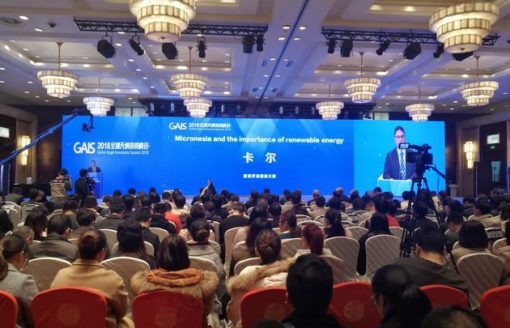To bridge the gap in the life sciences sector and become a market leader, China has made a significant amount of efforts. With these efforts, there is a chance of similar results in similar high technology sectors.
Interestingly, the life sciences sector is being focused on by the Chinese government. However, surveys of several entrepreneurs, officials and multinationals have shown that the requirement for the recreation of an innovation life sciences eco-system at yet immature in China.
While China is on the verge of establishing itself as a market leader in the life sciences sector on the global front, one can get the feeling that the government policies in cultivating local success stories might fall short of similar projects which are high-tech in nature, such as clean technologies.
On the grass root level, the quest for drug discovery is in alignment with the country’s objective of developing high technology industries. The time duration within which China’s life sciences sector creates entities that are capable of paying tax, a key factor in determining which sectors will attract attention and investment from the central government is far bigger than projects in other sectors.
The Chinese aristocrats and mid-level officials are always met with a great deal of uncertainty when it comes to investing in China’s life sciences sector. Considering the uncertainty of economic returns, the risk tolerance required for continued investments in the sector cannot be underestimated.
The research carried out by Michael Murphee and Dan Breznitz aligns perfectly with the insight. According to them, whatever makes sense for the politicians does not make sense for the economic players. This uncertainty makes the companies and individuals to focus more on short term goals, to shy away from activities that have a higher amount of risk.
As far as risk-taking is concerned, whatever advantages the west enjoyed for their ability to think in the long run, are quickly being diminished in the long run. Its evidence is the political crisis taking place in the UK, US and other areas of Europe.
For fostering domestic champions china needs a financial push that could develop the life Science sector. One of the biggest obstructions to the domestic development in China is the reforms within the CFDA that could speed up the process of drug approval.
This does not mean that the Chinese scientists lack insight or other innovative ideas. It simply means that the innovative development of China’s life sciences sector is bond by coordinated policies by the central government.





Asia Leads the World in Investments in Innovative Tech Startups